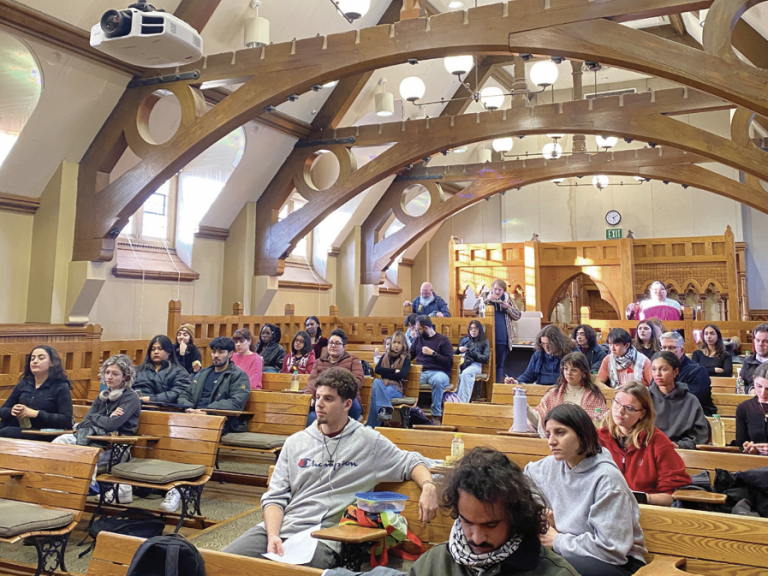Olivia Silvey ’25
Exec. News Editor
Interim Director of Campus Safety Rob Lukaskiewicz sent Campus Safety’s Annual Security Report and Annual Fire Safety Report to the Trinity community on Friday, September 30th. This report occurs annually in order to comply with the Clery Act, which mandates reporting by institutions of certain crime and fire statistics as well as descriptions of resources and policies.
The report includes information such as alcohol and drug policies; reporting resources; federal, state, and Trinity statutes and policies on sex offenses; the annual security report; Trinity’s emergency management plan; the annual fire safety report; and fire procedures, among other details. The full report is accessible on the Campus Safety page of Trinity’s website.
The safety report noted statistics from 2019, 2020, and 2021 on a number of offenses. These offenses are “those reported to Trinity College Campus Safety Department-designated campus officials, including, but not limited to, department directors, deans, department heads, judicial authorities, athletic coaches, and local law enforcement agencies.”
Notably, there were three total hate crimes reported in the last three years (one per year). All three were on campus, with the 2019 incident labeled “Destruction Damage Vandalism to Property based on Race,” the 2020 incident labeled “Destruction Damage Vandalism to Property based on Sexuality,” and the 2021 incident labeled “Intimidation based on Race.”
The crime report noted that the amount of disciplinary actions for alcohol had decreased since 2019, from 61 in 2019 to 28 in 2021. The number of disciplinary actions for drugs has also decreased, from 15 in 2019 to four in 2021. There was one weapons possession reported in both 2020 and 2021.
The statistics also reported on other criminal offenses, such as aggravated assault, arson, burglary, murder/manslaughter (negligent and non-negligent), motor vehicle theft, robbery, forcible and non-forcible sex offenses, domestic violence, dating violence, and stalking.
Forcible sex offenses, which include forcible rape and fondling, have decreased since 2019; however, this does not necessarily mean that sex offenses are happening less, since it is typically acknowledged that the reporting of these kinds of offenses can be difficult, traumatizing, or even impossible by the victims.
Campus Safety Headquarters also has the most recent 60-day period crime and fire log, which is open to the public upon request during normal business hours. These logs do not include the name of those involved. Requests for records older than the 60-day period should be made to Director of Campus Safety.






+ There are no comments
Add yours